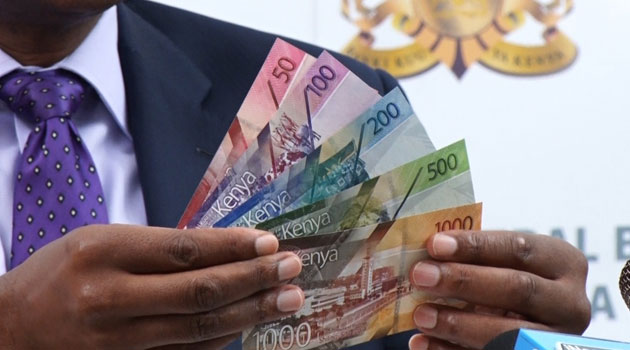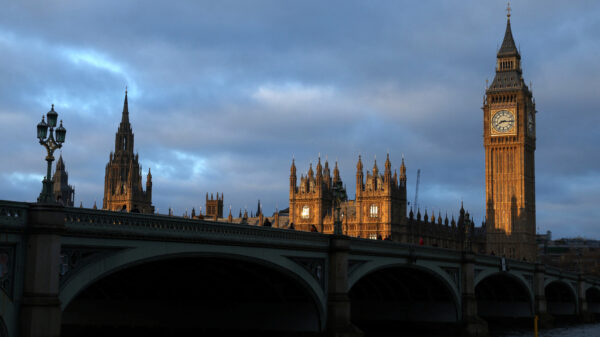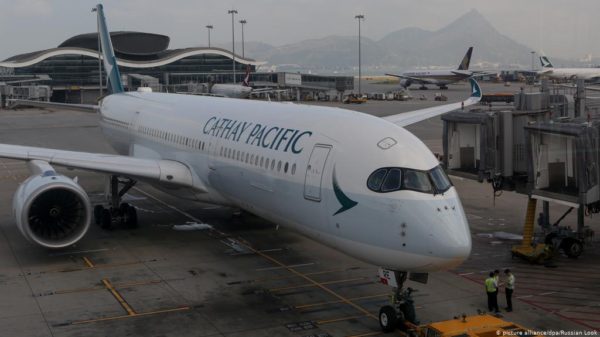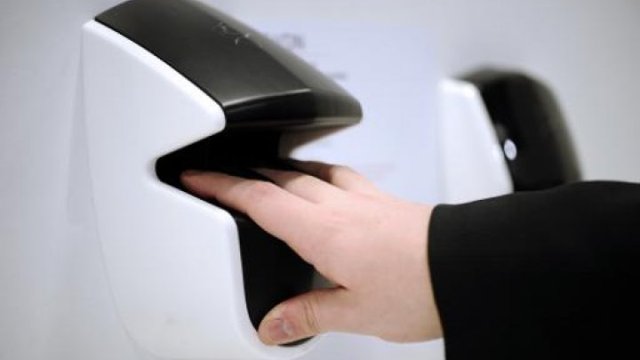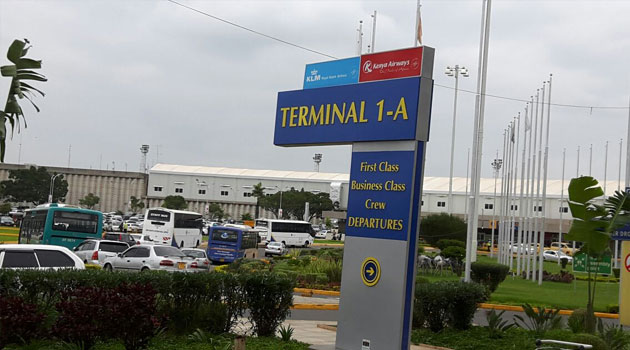Sweden needs to beef up its border security to stop passport fraud, a government inquiry argued Monday as the country grapples with unprecedented levels of immigration.
The inquiry proposed fingerprint scans for all nationalities entering Sweden from outside the passport-free Schengen Area in a move that pre-empts the European Union, which has yet to make such screenings mandatory.
“I think that is the only way to get at the lookalike problem, when you use a passport belonging to someone who looks like you,” Interior Minister Anders Ygeman told news agency TT.
Sweden has seen immigration levels soar in the wake of the Syrian conflict and expects a record 90,000 asylum seekers to arrive in Sweden in 2015.
Sweden is second only to France in Europe in cases of “lookalike abuse”, with around 950 such frauds reported every year, the inquiry said.
Passport fraudsters frequently board a flight using either someone else’s passport or a fake Swedish passport, and destroy the document while en route and claim refugee status once they arrive, the inquiry said.
The Migration Board estimates that 30 percent of asylum seekers in Sweden arrive by plane, with the rest coming by boat or ground transport.
“Through criminal networks that are established in both Sweden and other countries, channels are already in place that are able to supply migrants with passports,” Ebba Sverne Arvill, who led the inquiry on behalf of the police, said in a statement.
Among travellers entering Sweden from non-Schengen countries with either fake or look alike passports, 77 percent had come from Turkey, a frequent transit point for refugees from Syria and Iraq.
The rush of refugees into Europe comes as the number of people driven from their homes by conflict and crisis topped 50 million, a first since World War II, according to recent figures from the UN’s refugee agency.


